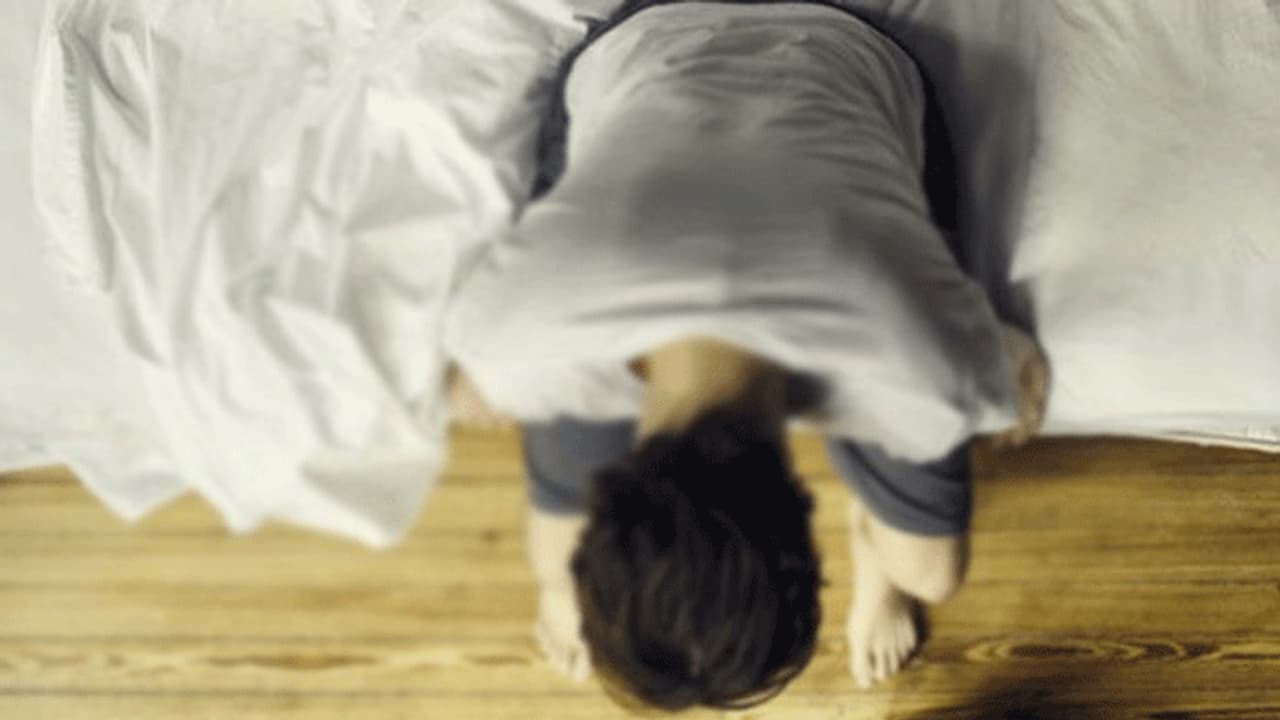The lockdown has impacted several people, but the most affected are the differently-abled children. Those with special needs are unable to attend classes. But here’s how online therapy sessions are helping them the tackle this lockdown.
The life of people across the globe is in a state of frenzy, especially for differently-abled children with special needs (developmental delays, ADHD and autism). About 1 in 100 children under the age of 10 has autism and nearly 1 in 8 has at least one neuro-developmental condition. The estimates are based on the first meticulous study of its kind in the country.

Every morning, Hima and Ramesan are awakened by their 6-year-old son’s plea to step out of the house. Due to the sudden change in lifestyle with no outlet and no therapy, they started witnessing tantrums in his behaviour. “When his therapy was disrupted at Prayatna Centre for Child Development Cochin due to the lockdown, Devan was throwing tantrums and was becoming lethargic. It was tough to keep him engaged in the beginning,” said Hima. As soon as the online sessions began, we saw a change in his tantrum level and above all the greatest plus point of the online session was that we as parents could learn how to train our kid, she added.
It was a challenge for his parents to help him cope with the routine of staying at home without getting bored or frustrated. “It was a challenge for his parents to help him occupied with the routine of staying at home without getting bored or frustrated,” said Namita Panekat, a senior occupational therapist. Since many parents like Devadathan started facing similar situations, Prayatna decided to reach out to them through tele-therapy/ tele-rehabilitation or online therapy.
Talking about the online speech therapy, Nazmin Nazar, senior speech and language pathologist, said, “I was happy to see that most of the kids were excited about the online session and were happy to see their therapist on screen after quite a long time. They could identify us and be attentive throughout the session.”
Apart from kids, Prayatna also focuses on parental training sessions online and over the phone. The outcome of the online session depends equally on the therapist and the parents' input. Prayatna Centre for Child Development will be providing free online counselling and home programs for parents and kids with development delay including autism, cerebral palsy, etc, throughout this lockdown all over the world.
While talking about the physiotherapy treatment which is a one-to-one session based on ‘touch’, Mayuri Chaudhari, an NDTA-certified physiotherapist, said, “When the thought of online physiotherapy treatment came up, I was not sure how far it is possible because it is more of hands-on manual therapy.” But left with no other option, but to keep a check on the kids, I thought of giving it a try and provided them exercises based on materials available at their homes. Reviewing them once or twice a week, I found positive results in a few kids, she added.
Online therapy feedback:
A survey conducted based on online sessions and parental feedback states that 80% of the parents noticed an improvement in the overall behaviour of their children, as all the family members were spending quality time with them. This has also helped in improving the level of interaction among the kids. And these kids have also incorporated more indoor movement-based activities like football, badminton, cycling, swinging, navigating obstacle courses, animal walks, jumping sequences and more, which have helped in reducing children's restlessness and has also improved their attention span.
The survey also highlights that 40% of the parents have noticed that there is an increase in tantrums in their children due to the absence of direct/in-person therapy. But for them, tele-therapy has proven to be a good substitute in developing their children’s functional skills at home.
However, parents cannot always be a substitute for a therapist. But surely, this lockdown period has proved that parents are the first and most important therapists for special kids and spending quality family time can improve their creativity and productivity.
Limitations of online therapy:
There are limitations, which need to be considered for online therapy as well. It is important to have a secure platform and hustle-free technical support such as good connectivity and HD webcam resolution. Despite the technical errors, other factors that can affect online sessions are the child’s ability to comply during online therapy sessions, being fixated on screen during and after the sessions, lack of materials, therapeutic techniques involving specific positioning and prompting which requires therapists’ expertise and personal touch, therapists’ availability and their ability to dedicate time for conducting these sessions, while being at home with their families and having other personal commitments.
Well, these issues can be resolved creatively and the benefits of online therapy do seem to outweigh them all. Therapists have reported that online therapy has given them a feeling of professional satisfaction and has made reaching out to the parents easier. Online therapy has undoubtedly opened up a new and exciting opportunity in the field of rehabilitation and has made its mark in a lot of people’s lives.
80% of the parents have reported a positive change in the way of interaction with their children. 75% of the parents have introduced more indoor physical and movement based activities into their child’s routines. 40% have reported an increase in their child’s tantrums due to stoppage of direct/in person therapy. 80% have reported that with family support, their child has improved. 80% have reported that online therapy has substituted direct therapy for maintaining their children’s functional performance levels. 20% have reported about connectivity issues during the online sessions.
